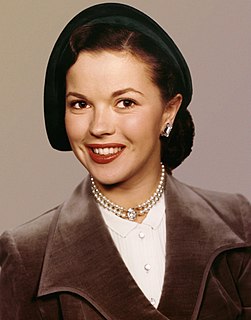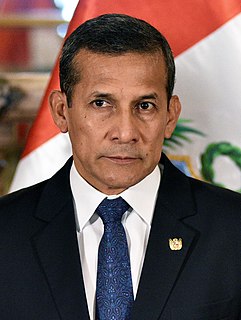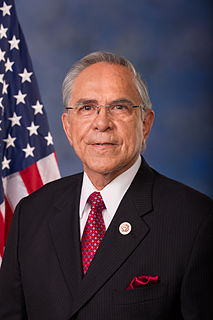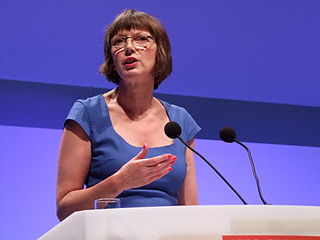A Quote by Marco Rubio
These economic, social, cultural and educational causes of opportunity inequality are complex. And they will not be solved by continuing with the same stale Washington ideas. Five decades and trillions of dollars after President Johnson waged his War on Poverty, the results of this big-government approach are in.
Related Quotes
Oh, here's your tax dollars at work. This is what makes people furious. The head of the GSA, a woman named Martha Johnson, has resigned after they found out she spent over $830,000 on a four-day government conference in Las Vegas. And the president is furious. Not President Obama, the president of China. It's his money. It's his money she spent.
We have got to accept Big Government for the duration-for neither an offensive nor a defensive war can be waged, given our present government skills, except through the instrument of a totalitarian bureaucracy within our shores. … And if they deem Soviet power a menace to our freedom (as I happen to), they will have to support large armies and air forces, atomic energy, central intelligence, war production boards, and the attendant centralization of power in Washington-even with Truman at the reins of it all.
Schools, the institutions traditionally called upon to correct social inequality, are unsuited to the task; without economic opportunity to follow educational opportunity, the myth of equality can never become real. Far more than a hollow promise of future opportunity for their children, parents need jobs, income, and services. And children whose backgrounds have stunted their sense of the future need to be taught by example that they are good for more than they dared dream.
President Lyndon Johnson's administration was known for his War on Poverty. President Obama's will become notable for his War on Prosperity. We're speaking, of course, of Obama's plans to hike income taxes on the most wealthy 2 or 3 percent of the nation. He's not just raising the top rate to 39.6 percent; he's also disallowing about one-third of top earner's deductions, whether for state and local taxes, charitable contributions or mortgage interest. This is an effective hike in their taxes by an average of about 20 percent.
Today, we are closer to fulfilling America's promise of economic and social justice because we stand on the shoulders of giants like Dr. King, yet our future progress will depend on how we prepare our next generation of leaders. We must fortify their ladders of opportunity by correcting social injustice, breaking the cycle of poverty in struggling communities, and reinvesting in our schools. Education can unlock a child's potential and remains our strongest weapon against injustice and inequality.

































